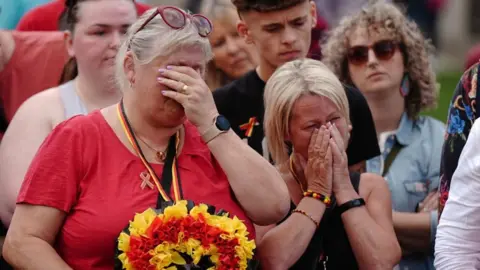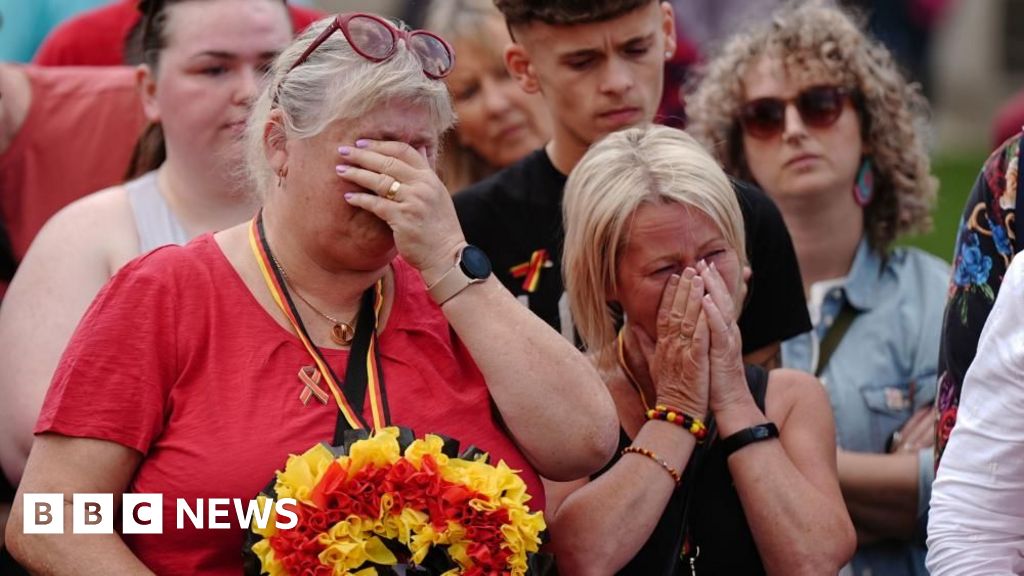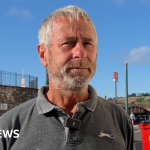 PA
PAThousands of victims of the infected blood scandal are being “harmed further” by long waits for compensation, the chair of the public inquiry into the disaster has said.
In a hard-hitting report, Sir Brian Langstaff said there were “obvious injustices” in the way the scheme had been devised.
It is thought 30,000 people were infected with HIV and hepatitis B or C in the 1970s and 80s after being given contaminated blood products on the NHS.
The government has set aside £11.8bn to pay compensation and has said it is cutting red tape to speed up payments to victims.
The inquiry’s main report into the scandal, published last year, found that the disaster could largely have been avoided if different decisions had been taken by the health authorities at the time.
It said too little was done to stop the importing of contaminated blood products from abroad in the 1970s and 80s, and there was evidence that elements of the scandal had been covered up.
In May of this year, Sir Brian took the unusual step of ordering two days of extra hearings after he received “letter after letter, email after email” expressing concerns about the way the government’s compensation scheme for victims had been managed.
His extra 200-page report, based on that evidence, found that victims had been “harmed further” by the way they had been treated over the last 12 months.
The latest figures from the Infected Blood Compensation Authority (IBCA), which was set up by the government to administer payments, show that 2,043 people have been asked to start their claims so far and 460 have received full compensation.
The scheme is open to those who were infected and also their family members, including parents, children and siblings, who can claim compensation in their own right as someone affected by the scandal.
Sir Brian’s extra 200 page report found victims had been “harmed further” by the way they had been treated over the last 12 months.
“The UK government has known for years that compensation for thousands of people was inevitable and had identified many of those who should have it,” he said.
“But only 460 have received compensation so far and many, many more have not even been allowed to begin the process.”
This breaking news story is being updated and more details will be published shortly. Please visit the source link below for the fullest version.
You can receive Breaking News on a smartphone or tablet via the BBC News App. You can also follow @BBCBreaking on X to get the latest alerts.
Read full article at source
Stay informed about this story by subscribing to our regular Newsletter




